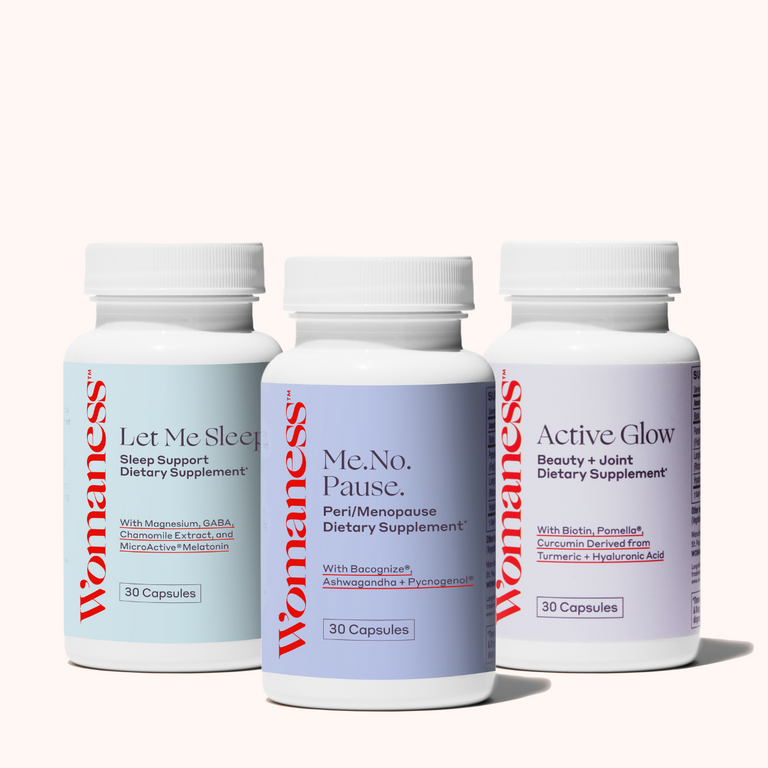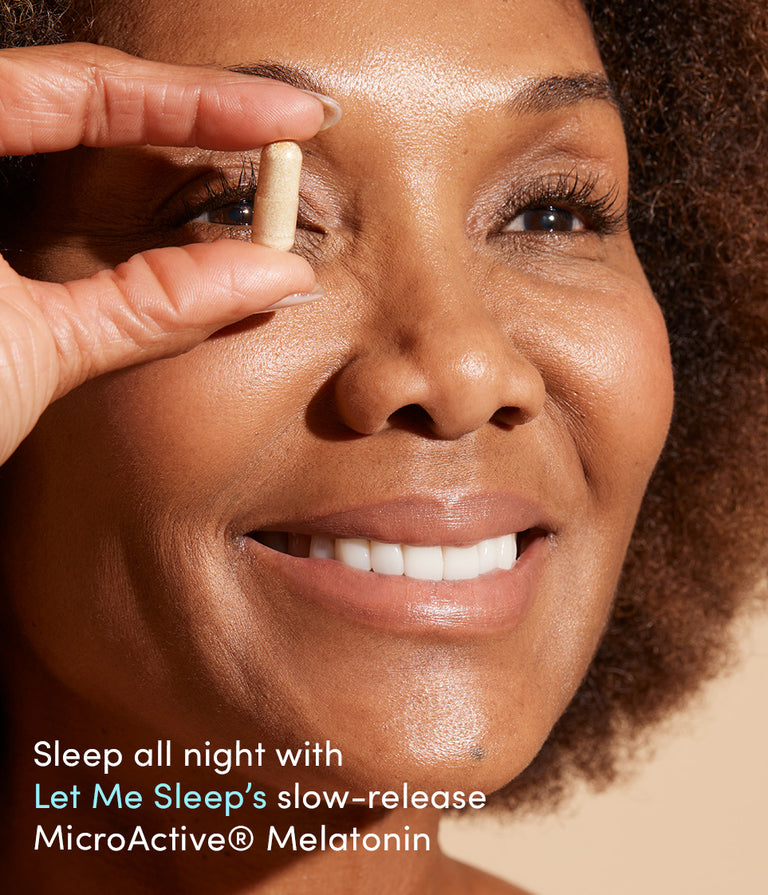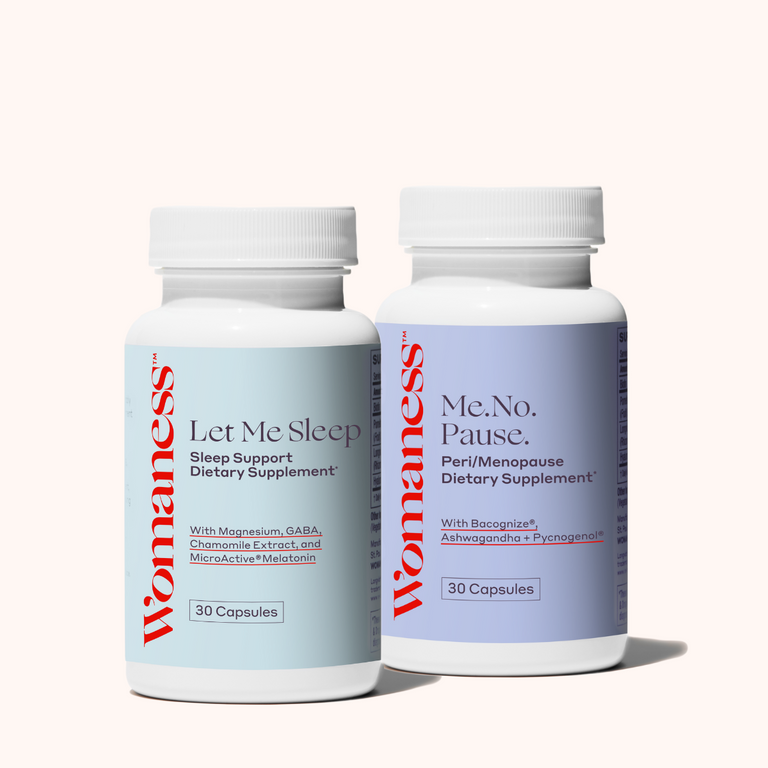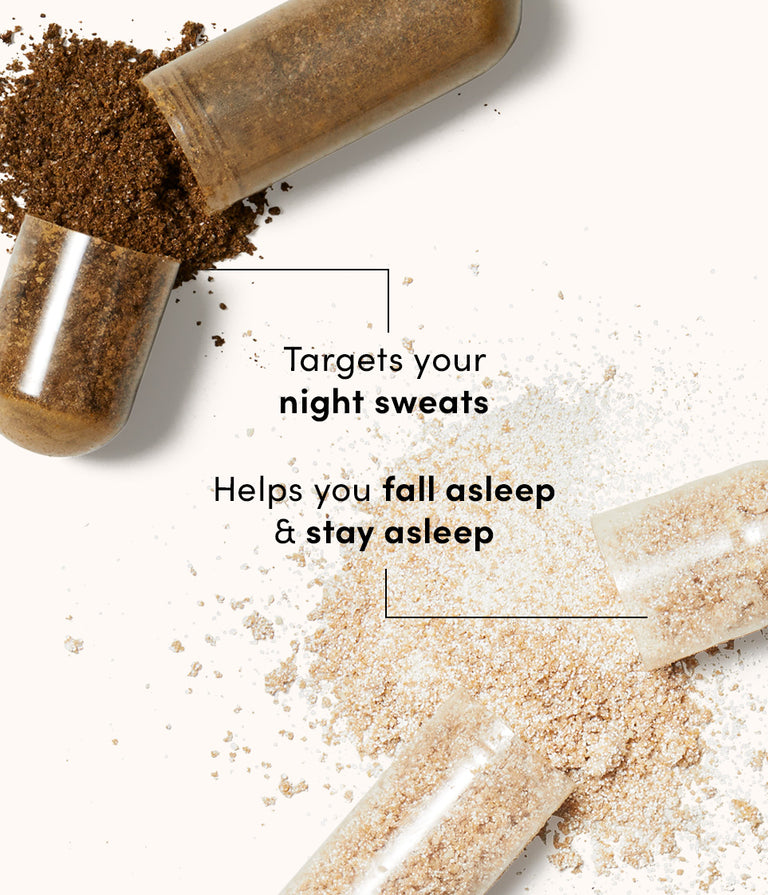By Womaness Editors 1-Minute Read
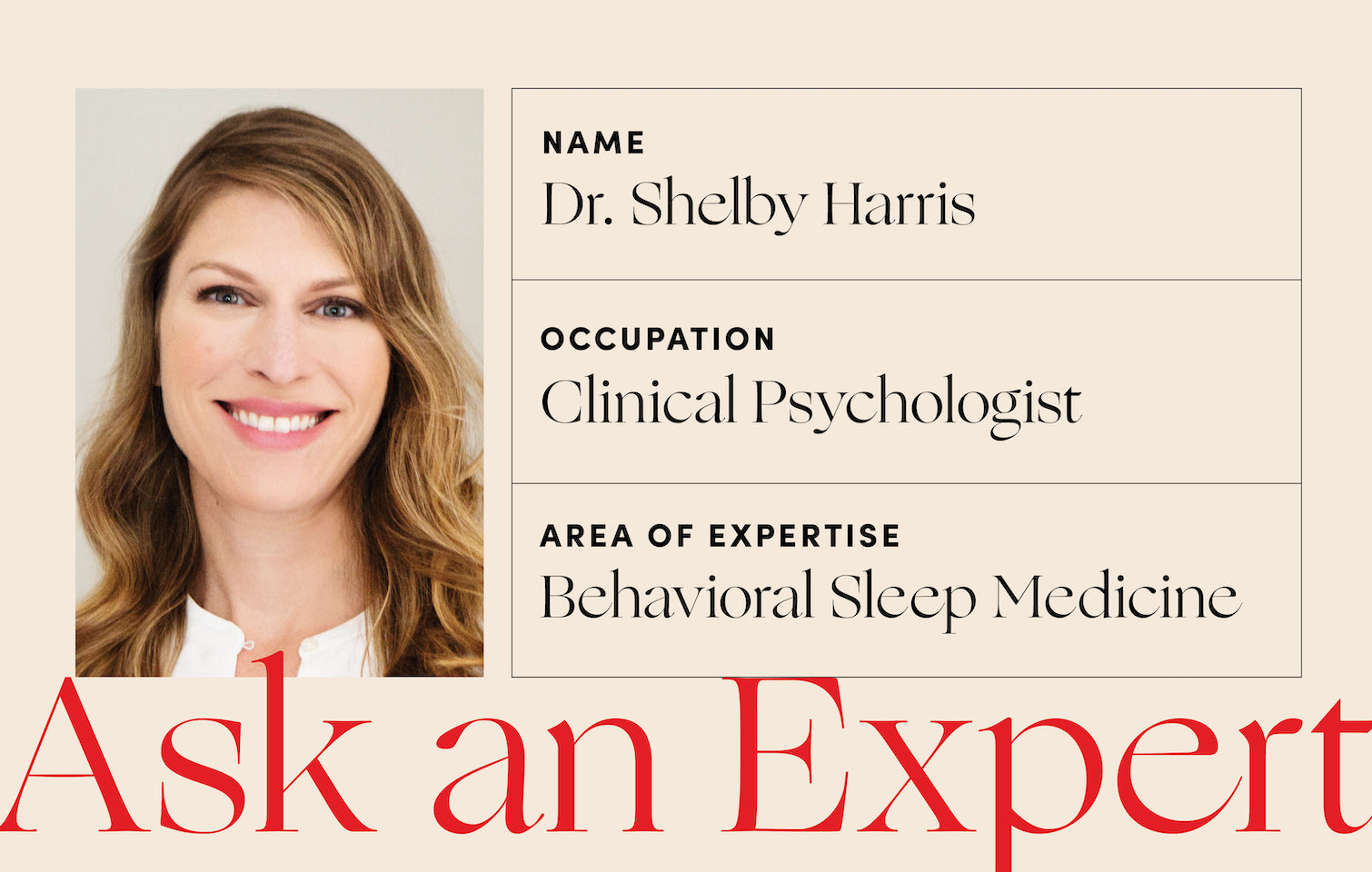 Welcome to ASK AN EXPERT, a series where we pose your real questions to our menopause experts for the answers you need. Have a question? Post it on The After Party, our private Facebook Group.
Welcome to ASK AN EXPERT, a series where we pose your real questions to our menopause experts for the answers you need. Have a question? Post it on The After Party, our private Facebook Group.
Your Question:
“What's the connection between better-looking skin and getting better sleep, especially as we age and head into menopause?”
The Answer:
From Dr. Shelby Harris, licensed clinical psychologist in behavioral sleep medicine: “During deep sleep, which you have it earlier on the night (then bits of it here and there later on), your human growth hormone comes out. This is when your body actually repairs itself.
"If you're not getting any deep sleep, your skin is not going to look as great as it would if you were."
For example, deep sleep is when your muscles will repair themselves after you've worked out, because working out is essentially damaging your muscles to then grow back stronger. Collagen is produced during this stage of sleep as well. So if you're not getting any deep sleep, your skin is not going to look as great as it would if you were.
Sometimes you can see it in people who really are struggling with sleep; it ages you. And we especially see it more with sleep apnea. If you're getting poor quality of sleep because you're snoring or having awakenings you don't know about at night, it's going to influence the stages of sleep you're having as well."
Get More Answers
Ask an OB/GYN: "Intermittent fasting: Any benefits beyond weight loss?"
Ask a Sleep Expert: "Why can't I fall asleep or stay asleep?"
Ask a Doctor: "How do I find a menopause specialist?"

